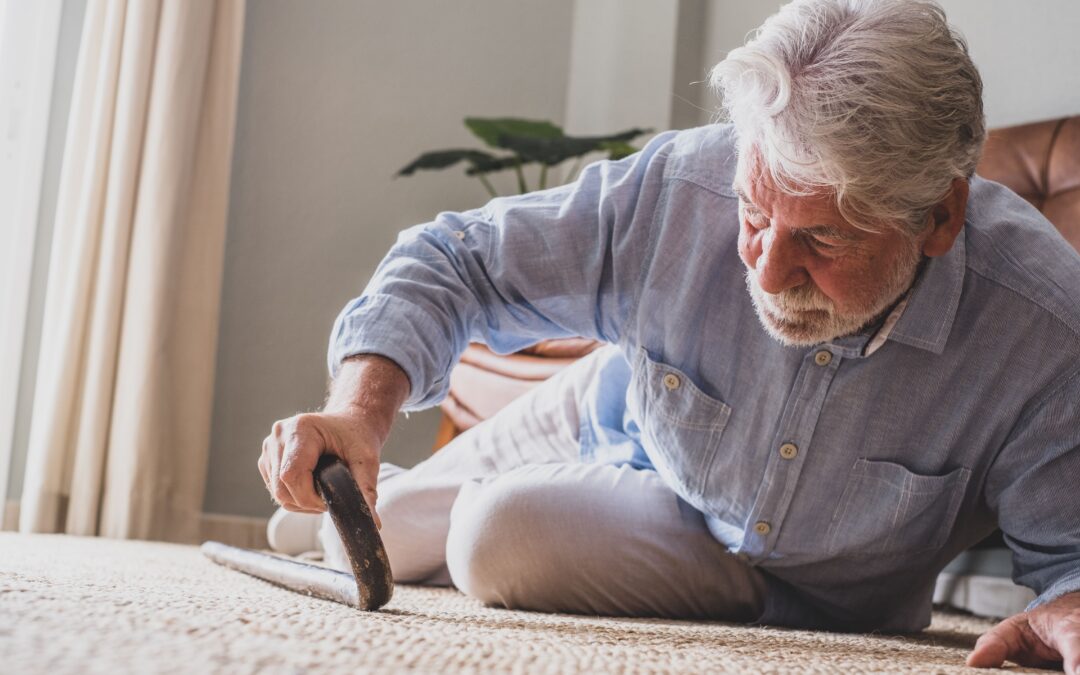Falls and related injuries are major health concerns for older adults. According to the Centers for Disease Control and Prevention (CDC), one in four older adults falls each year, and falls are the leading cause of both fatal and nonfatal injuries among older adults. The good news is that many falls and related injuries can be prevented. In this article, we will discuss how to prevent falls and related injuries in older adults.
Exercise regularly
Regular exercise can help older adults maintain their strength, flexibility, and balance, which can reduce the risk of falls. Walking, dancing, swimming, and tai chi are all good options. Before starting any exercise program, older adults should talk to their healthcare provider to make sure it is safe for them.
Make home modifications
Many falls happen at home, so it’s important to make sure the home is safe. Some modifications that can be made to prevent falls include:
- Installing grab bars in the bathroom
- Installing handrails on stairways
- Removing clutter from walkways
- Ensuring adequate lighting
- Securing loose rugs
Wear appropriate footwear
Wearing shoes that fit well and have good support can help prevent falls. Older adults should avoid high heels, slippers, and shoes with slick soles.
Review medications
Some medications can increase the risk of falls. Older adults should talk to their healthcare provider to review their medications and see if any changes can be made to reduce the risk of falls.
Get regular vision and hearing checkups
Poor vision and hearing can increase the risk of falls. Older adults should get their vision and hearing checked regularly and wear glasses or hearing aids as prescribed.
Practice balance exercises
Balance exercises can help improve balance and reduce the risk of falls. Some exercises that can be done at home include:
- Standing on one leg
- Walking heel to toe
- Standing up and sitting down from a chair without using hands
- Tai chi
Use mobility aids
Mobility aids such as canes, walkers, and wheelchairs can help older adults who have difficulty walking or maintaining balance. It’s important to make sure the mobility aid is properly fitted and used correctly.
Maintain a healthy diet
A healthy diet can help maintain strength and balance. Older adults should eat a balanced diet that includes plenty of fruits, vegetables, whole grains, and lean protein.
Stay hydrated
Dehydration can cause dizziness and increase the risk of falls. Older adults should drink plenty of water throughout the day.
Know when to ask for help
Older adults should know their limitations and ask for help when needed. It’s important to ask for help with tasks such as carrying heavy items, climbing ladders, or reaching high places.
Conclusion
Falls and related injuries are a major concern for older adults, but many falls can be prevented. Regular exercise, home modifications, appropriate footwear, medication review, regular vision and hearing checkups, balance exercises, mobility aids, healthy diet, hydration, and knowing when to ask for help can all help reduce the risk of falls. By taking these steps, older adults can stay safe and healthy as they age.
Home Care Near Me Let’s Get Started!
Get Immediate Help with Information, Costs & Payment Options.


Recent Comments